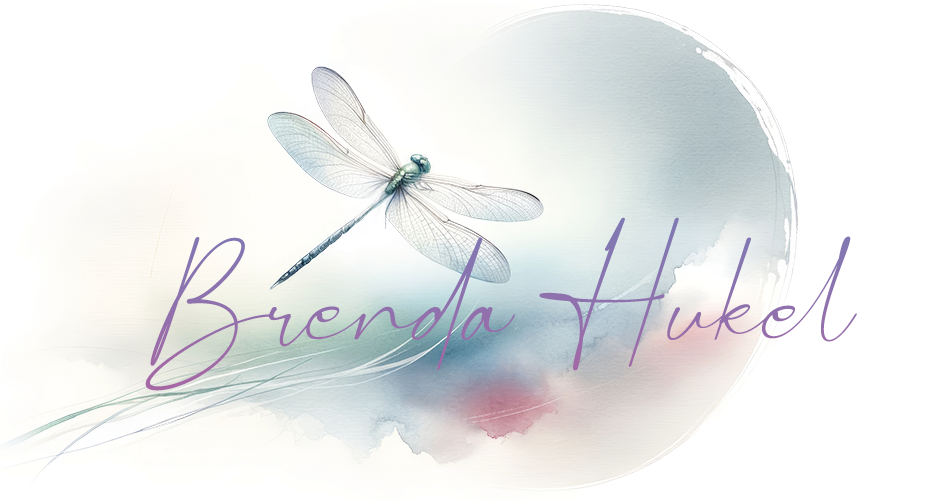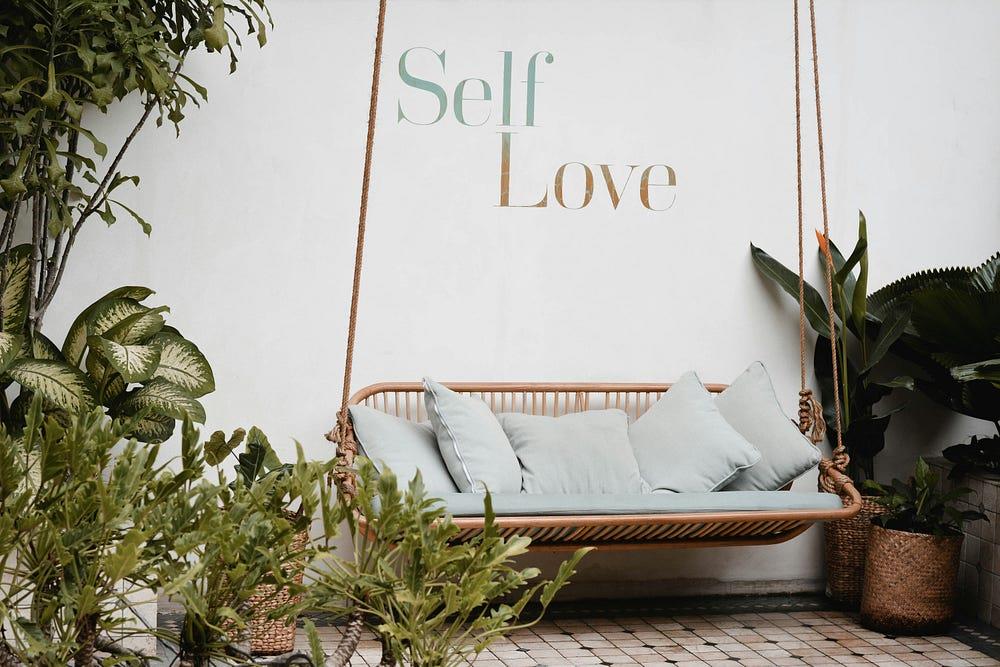Self-judgment vs. self-love. Which do you engage in more? What’s your genuine opinion of yourself? Do you often find fault in what you do? Is your inner dialogue primarily negative?
Or, are you gentle and compassionate when you make a mistake, understanding that you are human and that growth comes from experiences, including the lessons mistakes teach us?
Self-judgment can be a crippling act used as a defense mechanism to protect against rejection, failure, and fear.
But why do we compare ourselves to others? Why do we engage in a toxic inner dialogue that erodes our self-esteem and increases anxiety and depression?
Often, it’s because self-judgment is a learned behavior from childhood. We grow up in families, cultures, and communities that, while well-intentioned, pass down beliefs and opinions based on their experiences of what is right, wrong, and socially acceptable.
This inherited mindset shapes our belief system, starting as silent whispers of self-judgment and growing louder over time, influencing how we perceive ourselves and others.
These experiences become deeply embedded, dictating our inner dialogue and self-imposed standards for behavior, speech, actions, and inactions.
When we fall short of these learned standards, we become harshly self-critical, leading to frustration, dissatisfaction, self-blame, resentment, and other negative self-talk that undermines our well-being.
The stronger these emotions control us, the stronger our ego gets, leading to greater suffering. The more aligned we are with our ego, the more we crave external validation, which distances us further from our true selves.
Instead of engaging in harsh, judgmental thoughts, what if you engaged in loving, supportive self-dialogue?
This includes not allowing others’ opinions to permeate your mind and heart. Instead, you understand that their opinions are just that—opinions, not facts.
You also realize that others’ judgments stem from their own fears and insecurities, and they are trying to manipulate you to deflect attention from themselves.
How do we break free from this inherited cycle and learn to be vulnerable?
By loving ourselves unconditionally and having the courage to dive deep to unveil who we truly are by:
1) peeling away the layers,
2) releasing learned beliefs, and
3) removing the lenses imposed upon us as children so we see the world from our perspective.
The strongest form of self-love is discipline.
Self-love prioritizes our physical and emotional needs and protects us from engaging in outside influences that diminish our self-worth.
Instead, we love ourselves deeply by making healthier decisions in our lives — personally and professionally.
To dismantle self-sabotage and self-judgmental behaviors, you must first recognize where you judge yourself and find forgiveness for holding onto these inherited beliefs.
Here’s an exercise that can help with this process. Take your time with it, and if necessary, work through it in stages.
You must be completely honest with yourself and feel the emotions deeply to initiate the release and healing.
Step 1: Relax in a safe environment free from distractions.
Step 2: Take several deep cleansing breaths and center yourself by reaching a calm state.
Step 3: Make a list of where you judge yourself. This step is more effective if you write it by hand than using a computer. Take your time with this step. There is no right or wrong; it’s about identifying all the areas where you judge yourself.
Step 4: Place your hand on your heart for each judgment you list, and let those deep emotions flow out of you. You can cry, scream, stomp your feet — just let them flow.
Step 5: For each judgment, state to yourself, “I forgive me for judging myself for being…” weak, a failure, fearful, stupid, indecisive, etc.
Step 6: Once you complete step 5, write down exactly who you “TRULY” are next to each judgment. “I AM…” strong, a survivor, courageous, intelligent, determined, etc.
Step 7: Review and add to your list regularly as you continue to transform your self-judging beliefs into self-loving confirmations.
In time, you’ll begin to see remarkable changes unfold.
Healing and striving for a better life takes immense courage. It means facing your inner struggles and choosing self-compassion over self-criticism.
This journey of self-discovery and transformation is a testament to your strength and determination. Embrace the process, and remember that every step forward is a victory toward a more fulfilling and authentic life.



0 Comments